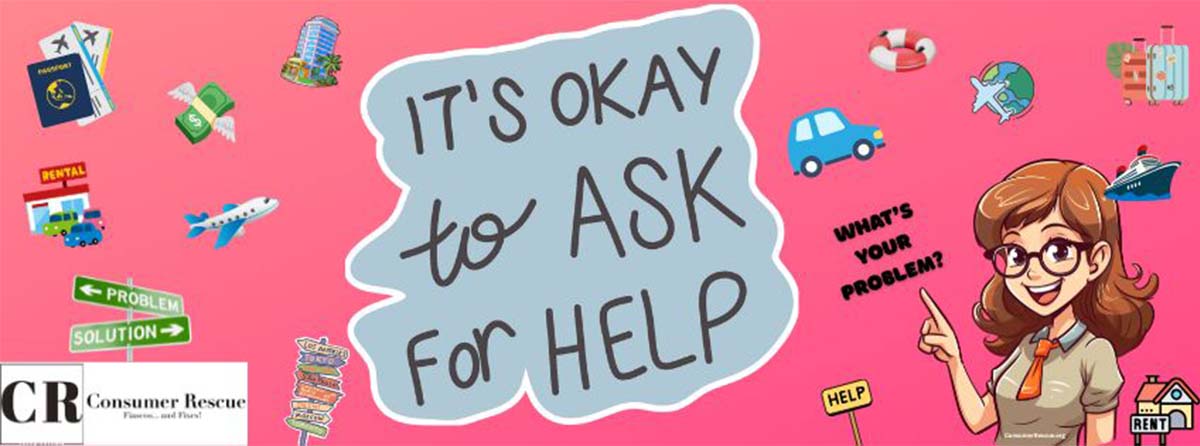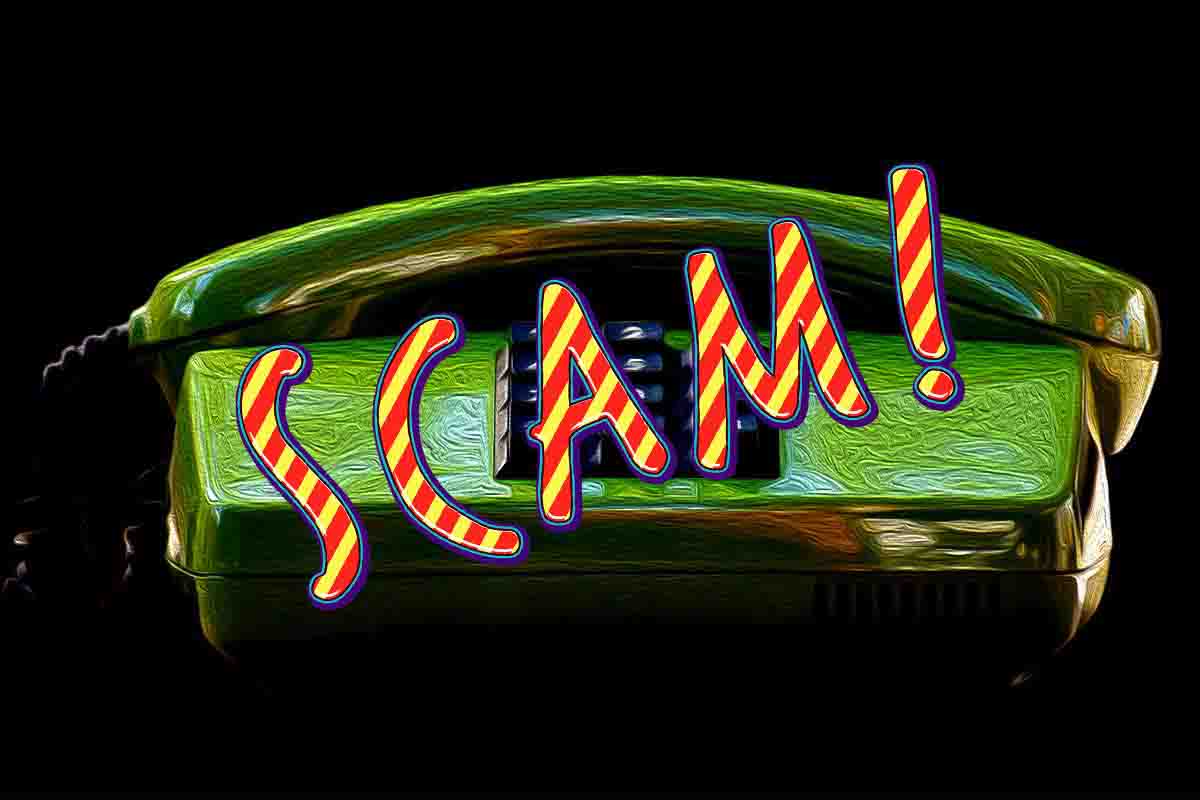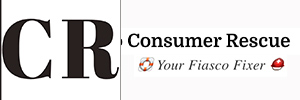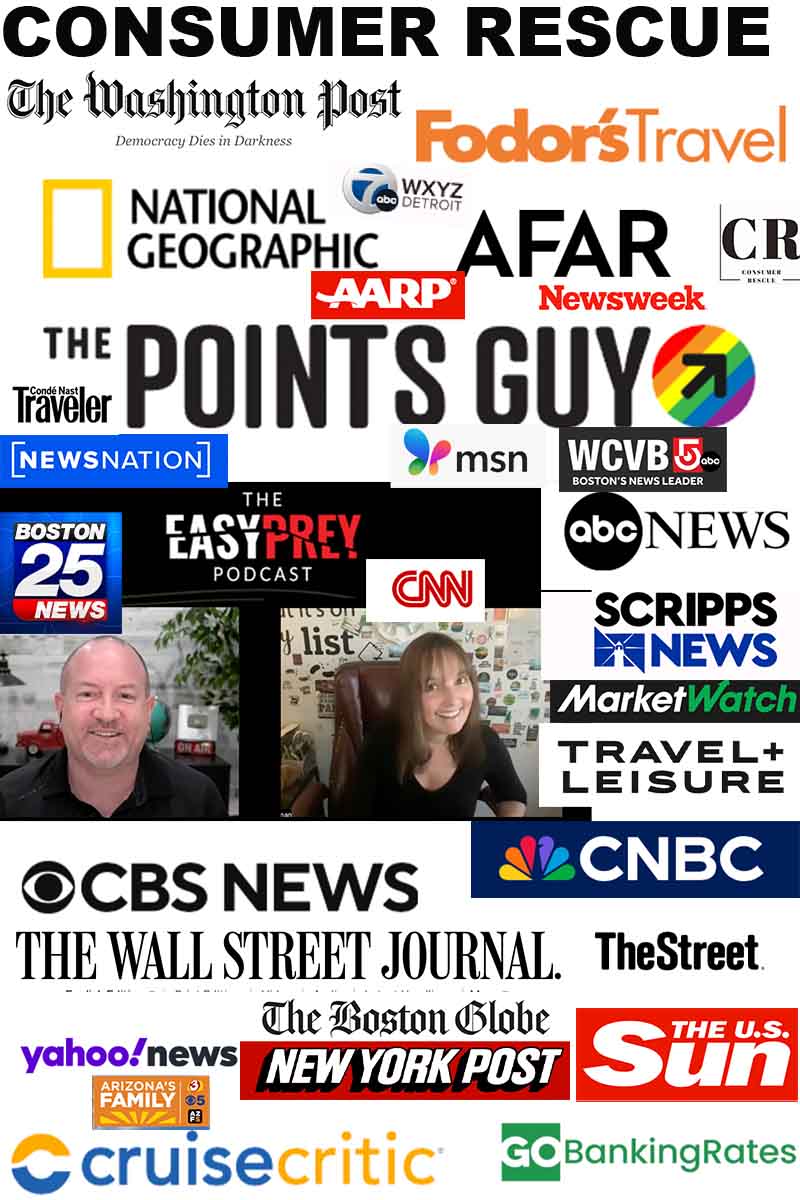Published: Updated:
Publishers Clearing House scams remain a menace to senior citizens, even after the company’s bankruptcy earlier this year. I know because a friendly, self-proclaimed “man of God” called me last week, claiming to be a representative of PCH. He said he’d soon arrive at my house to deliver my sweepstakes award of “a whopping $5.5 million.”
The man who identified himself as “Agent Paul Franklin” had even more good news. He explained that Publishers Clearing House (PCH) would also be paying me $5,000 per month — forever.
There were just a few details Franklin had to take care of before I could receive my prizes. To convince me to share my personal information, he quoted the Bible, government standards, and mangled, clichéd idioms.
He wasn’t a threat to me, but Franklin and others like him are a serious danger to their real intended victims. This scam targets older adults familiar with the Publishers Clearing House Sweepstakes of an earlier era who may not recognize the call’s red flags.
Here’s what you need to know about the Publishers Clearing House scam call and what to do if you get one.
*Skip straight to the recorded scam call and transcript.
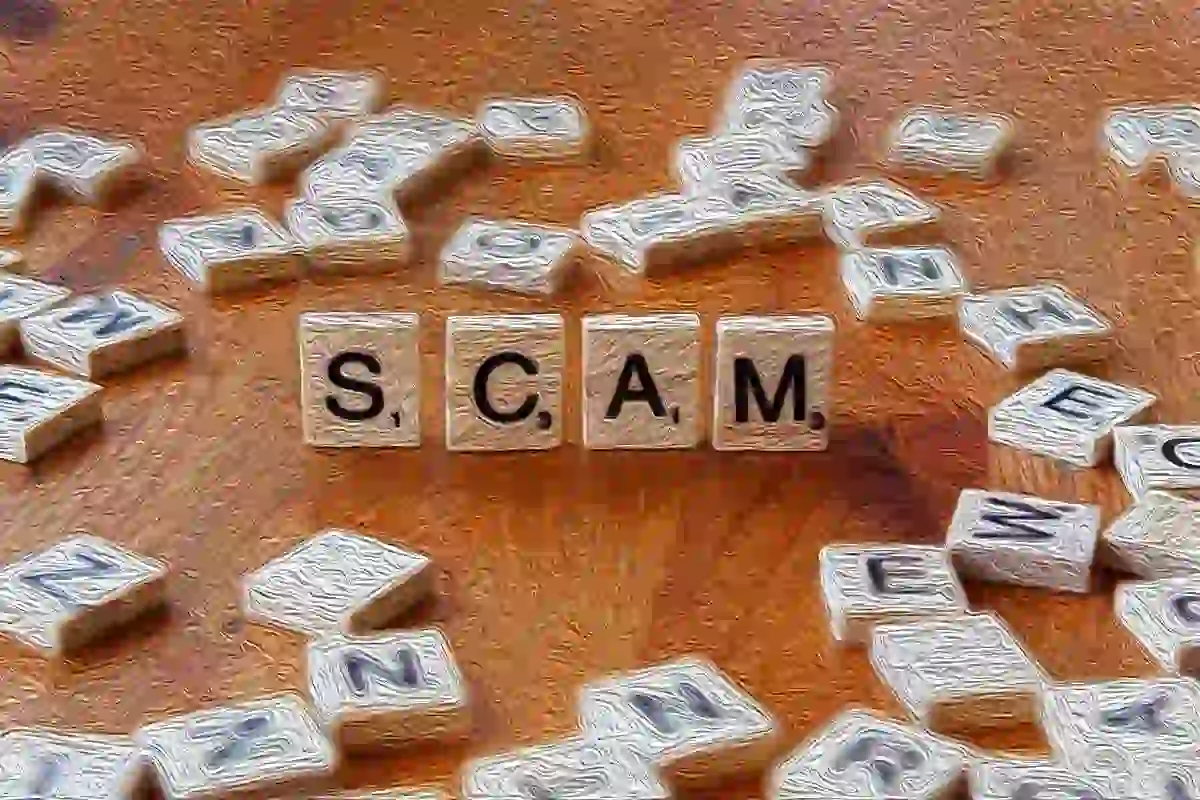
Recording my phone calls with scammers: legal considerations
One of my favorite ways to take a little breather from writing during the day, is to answer my phone. More often than not, there’s a scammer on the other end of the line. These short distractions are sometimes infuriating but frequently amusing.
Of course, the driving force behind taking these calls isn’t my own entertainment — that’s just a by-product.
Chatting with the bad actors who dial my number provides crucial information that allows me to warn you and other potential victims. I like to think I’m taking one for the team every time I spend time engaging these fraudsters.
Lately, I’ve been recording my phone calls with scammers to ensure I don’t miss any details. I live in a one-party consent state. That means I can legally record calls without informing the other person on the line. However, the call recording program I use makes a clear announcement as soon as I turn it on.
The alert is impossible to miss.
In today’s scam call, our friendly fraudster paused politely during the call recording announcement and then continued his spiel completely unbothered.
Warning: Consumers should always check whether they are legally allowed to record a call in their state before doing so.
The Publishers Clearing House scam comes calling
I had just finished up an afternoon run and was settling back at my desk when my phone rang. The caller ID displayed a local area code, but an unknown number.
Michelle Couch-Friedman: Hello. Michelle Friedman.
Scammer: Hi there! I’m calling with some wonderful news for you.
I hit the record button and the automated program made its standard announcement.
Me: Yes?
Scammer: OK, wonderful, ma’am. Well, the purpose of my call today is because you is [sic] the first place category winner here at the company. I have a certified cashier’s check that has [been] printed in your name here, pending with the amount of a whopping $5.5 million that you have won yourself here. That’s not all. You also [sic] gonna receive $5,000 each and every month for life from the company. OK, ma’am?
Me: Yeah?
Scammer: Have you any knowledge about this, that you is [sic] the winner at our company?
Me: No. I don’t think I’ve heard of this yet.
Franklin seemed entirely undeterred by my lack of reaction to his award notification. He just kept talking — like we were old friends.
Since it appeared he wasn’t going to identify the company he represented, I asked him directly.
Scammer: Publishers Clearing House, ma’am.
What happened to Publishers Clearing House?
If you’re of a certain age, then you certainly remember the Publishers Clearing House Prize Patrol. It was PCH’s roving team that would show up unexpectedly at sweepstake winners’ houses and deliver balloons, flowers, and oversized checks.
PCH never alerted sweepstakes winners beforehand that they had won or that the Prize Patrol was heading their way. The surprise nature of the award presentation was half the fun.
However, in recent years, those public displays dwindled, and things took a dark turn for Publishers Clearing House. To say that 2025 was not a good year for the company is an understatement.
First, the Federal Trade Commission charged PCH with serious deceptive business tactics.
It all went downhill from there.
📬 Subscribe to:
Tales from Consumer Advocacy Land
Real stories. Real rescues. Real advice.
Join thousands of smart travelers and savvy consumers who already subscribe to Tales from Consumer Advocacy Land — the friendly weekly newsletter from Michelle Couch-Friedman, founder of Consumer Rescue. It's filled with helpful consumer guidance, insider tips, and links to all of our latest articles.

The FTC accused PCH of targeting older consumers
The FTC complaint against Publishers Clearing House accused the company of targeting and misleading older and low-income consumers in a number of ways. In the end, PCH agreed to pay over $18 million in restitution to consumers, which the FTC distributed to people who had been impacted.
That complaint was likely the final nail in the company’s coffin. In April 2025, Publishers Clearing House filed for bankruptcy. All lifetime award recipients who thought they were set for life learned there was no more money to pay them.
As we saw with the Vantage Travel bankruptcy, when Aurora Expeditions swooped in and bought the customer list, the same thing happened during the PCH bankruptcy. Presumably the most valuable asset being the customers’ email list.
Related: Here are the amazing things you’ll see on an Arctic expedition cruise
That company, ARB Interactive, a digital gaming site, has confirmed that it will not absorb the debt of Publishers Clearing House. Previous prize winners are likely out of luck. The PCH website now appears to be morphing into an online gaming platform.
Publishers Clearing House, the once well-respected and beloved company, in effect, does not exist. That appears to have opened a whole new cottage industry for scammers.
But let’s get back to my scam call from “PCH Agent” Paul Franklin.
Related: Verizon customers beware of this fake customer service scam call
My competitors in this PCH scam: 480 senior citizens
After Franklin confirmed that no one else had awarded me $5.5 million yet, he pressed forward with his script.
Scammer: Well, you were selected in the first-place category this year because your name [is] always going around. You were selected out of 480 senior citizens in the United States of America.
Me: Did you say it was just senior citizens that were in this pool of people that were up for this award?
Scammer: Yes, exactly. 485 senior citizens in the United States of America.
Me: Hmm… ok.
Apparently, five new “competitors” joined the scam between the start of the call and this moment.
Scammer: Yes, and you were selected as the first-place category winner. Ok?
Me: Ok, sounds good.
This scammer is a “man of God” and not going to “jog my leg”
Over the next ten minutes, Franklin attempts to solidify my trust in him. He shares his “ID badge number” as if he were a police officer, along with my official prize number that he says I must write down.
But I want to get down to business and find out how I can pick up my $5.5 million.
Me: So how do I get my $5.5 million? Do I pick it up in a suitcase, or a wire transfer? Or do I have to go somewhere to get it?
Apparently, I was going too fast for Franklin. I was deviating from his script, and he needed to stay on track. Soon, he launches into a religion-focused conversation that I’m certain mainstream businesses would frown upon.
Related: No, my husband did not inherit $11 million, but a scammer told me he did
A scammer’s big fib: “I am a man of God and a man of my word”
This scammer intended to walk me through every step to getting my big cash award from Publishers Clearing House, but I had to be patient.
Scammer: Well, I am your agent, who’s gonna take you to all of the steps and procedures, ma’am. So I am not gonna jog your legs because you are an elder in the United States of America. I am here to take you to your steps and procedures. And I’m not here to pull your legs. I am a man of God and also a man of my word, and all I need from you is just one percent of your trust.
Scammer: So, when [we deliver the prize] I’m gonna be there and give you a big hug and a big college handshake. OK, ma’am?
Me: Oh. Ok.
I’m not sure what a “college handshake” is, but I’m sure I don’t want one from this man of God.
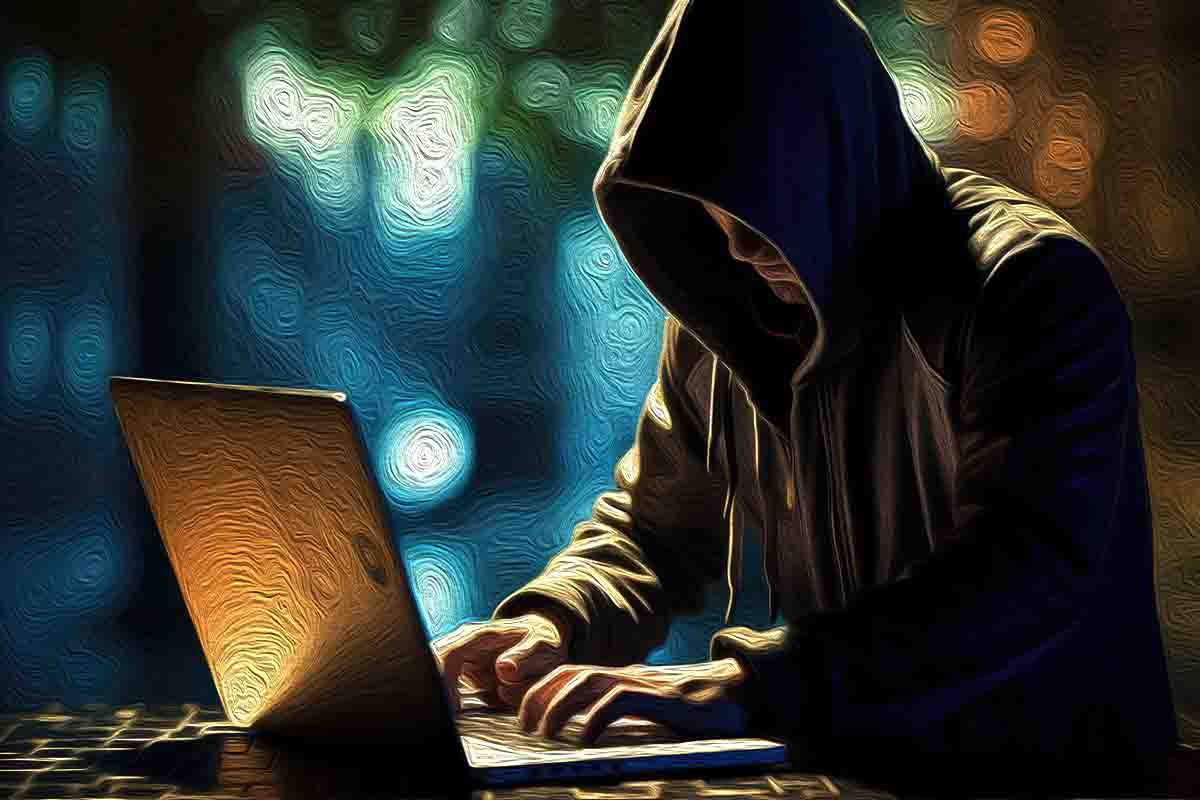
Related: This devastating romance scam was combined with a job scam
The end of my conversation with this scammer
This “man of God” next quotes a scripture that he hopes I will relate to about God leading the way. He suggests that God brought us together, but I’m not entirely sure he doesn’t mean that I am his blessing. His verbal error didn’t go unnoticed by me. It seems I am a blessing from God to him.
Scammer: And I think God sent this blessing above from you. OK?
Me: OK.
Scammer: OK, ma’am wonderful, well I just need to ask you a few questions. With a government stamp of approval, I just want you to know [about the] PKY form. I need to ask you a few questions to fill out your PKY form and I just want you to know that this call has been recorded for security purposes so you can feel comfortable.
This call had already gone on for 10 minutes. I needed to wrap it up as I had enough information.
He asked me about my age and information about my children, which I declined to answer. Next, he wanted my bank information.
And then we reached our end.
Scammer: What kind of job did you do in your prime?
Me: In my prime?
Scammer: Yes, what was your job in your prime?
Me: Oh, I’m a journalist and a consumer reporter. I write about scams.
Silence.
Scammer: Oh, you write about scams?
Me: Yes, I’m doing that right now.
Scammer: Oh, OK. (Hangs up and ends the call)
After he hung up on me, I did some online sleuthing and learned that this scam is particularly popular in 2025. Some victims have lost thousands of dollars with no way to get any of it back.
PCH scam recorded call in its entirety (with timestamped transcript)
Here is the actual recorded call (and timestamped transcript), which shows exactly how this outrageous conversation unfolded — complete with blessings, ‘college handshakes,’ and a surprise ending (for the fraudster).
Note: All grammatical errors in the transcription are the actual words of the scammer.
📜 Read the full scam call transcript
Transcript of Michelle Couch-Friedman’s recorded call with a Publishers Clearing House scammer.
PCH Scammer 00:00: Yeah. Okay, wonderful, ma’am. Well, the purpose of my call today is because you is the first-place category winner here at the company of a certified cashier’s check that has printed in your name here, pending with the amount of a whopping $5.5 million that you have won yourself here at the company. And your $5.5 million dollars that you have won yourself, Ms. Martine. That’s not all. You also going to receive $5,000 each and every month for life from the company, okay, Ma’am?
Michelle Couch-Friedman: Mm-hmm. Yeah.
PCH Scammer: And do you do have any knowledge about this — that you are the winner here at our company? Ma’am, do you do have any knowledge about this?
Michelle Couch-Friedman 00:56: Uh…No, I don’t think I’ve heard of this yet.
PCH Scammer 00:59: Okay. And is this the first time you’re getting a call from my company? Am I right?
Michelle Couch-Friedman 01:04: Yeah. What is your company? I didn’t catch your name — your company name?
PCH Scammer 01:07: Publishers Clearing House.
Michelle Couch-Friedman 01:11: Oh! Publishers Clearing House? Oh yeah, okay. I know that company. I won how much? $5 million dollars?
PCH Scammer 01:21: Yes, $5.5 million dollars.
Michelle Couch-Friedman 01:11: Wow.
PCH Scammer 01:21: $5.5 million — and $5,000 every month for life. So do you remember subscribing to our company, filling out any coupons, and stuff like that? Yes, for our company, ma’am?
Michelle Couch-Friedman 01:37: Yes, stuff like that.
PCH Scammer 01:39: And pardon me?
Michelle Couch-Friedman 01:41: Yeah, I did stuff like that.
PCH Scammer 01:43: Okay, and how long did you subscribe to my company, ma’am? Over the years, how long did you have subscribing?
Michelle Couch-Friedman 01:53: I don’t know, maybe five years.
PCH Scammer 01:56: Okay, ma’am, that’s the reason why you have been randomly selected here in our computerized system and our system same way. It doesn’t matter how long you were subscribing to our company. Publishers Clearing House was going around also doing a big promotion job within your city and state. Because you know, Publishers Clearing House always do that, okay ma’am?
Michelle Couch-Friedman 01:57: Mm-hmm.Yeah.
PCH Scammer 01:59: And you were selected as the first-place category winner here because your name always goes around. You were selected also as the first-place winner, and you were selected with 480 senior citizens in the United States of Americur as a grand prize raffle — and you were selected as the first-place category winner here, okay?
Michelle Couch-Friedman 02:58: Senior citizens? Just senior citizens? Did you say it was just senior citizens that were in this pool of people who were up for this award — 400…?
PCH Scammer 03:05: Yes, exactly 485 senior citizens in the United States of Americur, and you were selected as the first-place category winner here at the company. Okay?
Michelle Couch-Friedman 03:19: Okay, sounds good.
PCH Scammer 03:22: Okay, now, what I need you to do for me now: I just need you to get yourself a clean sheet of paper and a good writing pen. Let me provide you with some necessary information that you’re going to be needing on the day of your delivery presentation, ma’am, okay? Information like my ID badge number and so forth, okay?
Michelle Couch-Friedman 03:35: Okay.
PCH Scammer 03:40: Well, you’re going to have my ID badge number. My ID badge number is P as in Paul — that’s the definition of my name — and F as in Franklin, okay? That’s my ID badge number. And you’re going to have the number for my ID badge number also: 41439, okay? And you’re also going to note down your package code number. Those pieces of information are very necessary, okay? So you’re going to have your package code number on the paper also. Okay, ma’am? Okay. And your package code number is 1200804. That is the code that is on your package. And you’re also going to write down the sum that you have won yourself here at the company. The sum that you have won yourself is $5.5 million dollars.
Michelle Couch-Friedman 04:35: Oh, okay.
PCH Scammer 04:40: So you’re going to have $5.5 million dollars also on the paper.
Michelle Couch-Friedman 05:07: How will I get this $5.5 million? Does it come in a suitcase or a wire transfer? Or do I have to go pick it up somewhere? What? How will I get it?
PCH Scammer 05:19: Well, I am going to take you through all the steps and procedures because I have full authority from the general manager to give you this call notifying you about this. The general manager said, as long as I get a hold of you, I should let him know because he also wants to give you a talk, okay, ma’am? Because you know, one person does not do business. So I am your agent, Mr. Paul Franklin, who is going to take you through all the steps and procedures, then hand you over to the general manager for further notification, okay ma’am?
Michelle Couch-Friedman 05:56: Oh…okay.
PCH Scammer 05:58: Great. So you’re going to have on the paper also $5.5 million — that is the sum that you have won yourself here at the company, okay? Written down on the paper, and $5,000 each and every month from the company — the Publishers Clearing House, yeah? Okay, ma’am, that’s all of the necessary information I’ve provided you. So what I need you to do for me at this time, Ms. Martin, could you just please repeat what you have on the paper for me? Let me see if you made any mistakes because I can’t afford for we to make any mistake on the paper because these information is very necessary, okay? So could you just please take your time and repeat what you have on the paper. Then I see if you made any mistake.
Michelle Couch-Friedman 06:55: Let’s see… You told me to write: P-F 41439, and then this other number is 1200804.
PCH Scammer 07:08: Exactly.
PCH Scammer 07:11: And the sum that you have won yourself — also $5.5 million. Do you have that written down on the paper?
Michelle Couch-Friedman 07:19: Uh, I could remember that.
PCH Scammer 07:20: Okay. And $5,000 each and every month for life, okay ma’am?
Michelle Couch-Friedman 07:23: Right. I will remember that, too.
PCH Scammer 07:25: Well, I am your agent who’s going to take you through all of the steps and procedures, ma’am. And I’m not here to jog your legs because you are an elder citizen in the United States of America. I am here to take you through your steps and procedures. And I not here to pull your legs. I am a man of God and also a man of my word, and all I need from you is just 1% of your trust, and I’m going to prove 99% to you. So when the delivery team comes over with your presentation, I going to be there and give you a big hug and a big college handshake, okay ma’am?
Michelle Couch-Friedman 07:57: Oh!… okay.
PCH Scammer 08:00: My favorite scripture in the Bible says, “Trust in the Lord with all your heart, lean not on your own understanding. In all your ways acknowledge Him, and He shall surely direct your path.” Okay, ma’am?
Michelle Couch-Friedman 08:25: Okay.
PCH Scammer 08:26: And I think God sent this blessing above from you. Okay, ma’am? wonderful. Well, I’m just going to ask you a few questions to fill out your government stamp of approval. That’s the PKY form. I’ll just ask you a few questions to fill out your PKY form, and I want you to know that this call has been recorded for security purposes.
Michelle Couch-Friedman 08:45: Definitely.
PCH Scammer 08:47: So you can feel free to answer — or feel free not to answer, okay? You can bypass a question if you think that’s personal, okay, ma’am?
PCH Scammer 09:20: Wonderful. Well, the first question: Do you over the age of 60 to 65 years old? And the correct question is: how old are you at this current moment?
Michelle Couch-Friedman 09:27: I’d like to keep that private.
PCH Scammer 09:30: Oh, you’d like to keep that private? Okay. So do you have any kids that attend any university or college at this time, ma’am?
Michelle Couch-Friedman 09:41: Well, I’d like to keep that private too.
PCH Scammer 09:45: Okay, and which bank are you with? Which bank would you like your $5.5 million to be deposited in when we come over with your certified cashier’s check, ma’am?
Michelle Couch-Friedman 10:00: I guess I’d like to put it in Pittsburgh National Bank.
PCH Scammer 10:06: Okay, great. What type of job did you usually do in your prime?
Michelle Couch-Friedman 10:13: In my prime?
PCH Scammer 10:14: Yes, what type of job did you usually do?
Michelle Couch-Friedman 10:17: Oh, I’m a journalist. I’m a consumer reporter. I write about scams.
PCH Scammer 10:24: Okay, you write about scams?
Michelle Couch-Friedman 10:27: Yes, I currently do that right now.
PCH Scammer 10:28: Oh, ok. (hangs up)
Here’s what to know about the Publishers Clearing House scam
Unfortunately, because Publishers Clearing House filed for bankruptcy and its assets were scooped up by a third party, the people on its customer list are particularly vulnerable to scams. We’ve seen it in previous company bankruptcies.
Related: How did I lose a credit card dispute from a bankrupt company?
Consumers need to remember that Publishers Clearing House is no longer the PCH they are familiar with. However, here are a few things to keep in mind should a scammer call you pretending to be from the once-loved sweepstakes company.
Related: Beware the government grants scam! That’s not your Facebook friend DMing you
1. Publishers Clearing House never alerts its winners
In its heyday, PCH never sent its winners an alert about their arrival. But that heyday is over, and a new online gaming company has taken over. If you or your loved one receives a phone call announcing a giant cash prize, hang up. A reputable company will pursue you through official channels if you’ve really won a sweepstakes — or they’ll show up at your door with cameras and that giant check.
2. Prize winners never have to pre-pay to receive an award
Legitimate prize winners never have to pay taxes or any other fees before they receive their prize. Even if you’ve entered a contest and think the call might be on the up and up, if you’re asked to send cash, cryptocurrency, or gift cards to claim your prize, hang up. A pre-payment request is, 100 percent of the time, a scam.
3. Send calls from unknown or unfamiliar numbers to voicemail
If you’re a long-time reader of Consumer Rescue, then you know my 92-year-old grandmother developed dementia in the last two years of her life. That left her vulnerable to bad guys like the “man of God” who contacted me. If your loved one is similarly vulnerable, they are a scammer’s dream. You may consider setting up a call forwarding system for any unknown or unfamiliar numbers.
4. Beware of spoofed numbers on the caller ID
It’s important to remember that scammers can make any name and number appear in your caller ID. Never be lulled into a false sense of security because of the information you see displayed on your phone.
Related: Here are the top travel scams to avoid this year
The bottom line
Unfortunately, we know scammers aren’t going away. In fact, based on the complaints in our case files and the calls I receive daily, this unpleasant population seems to be exploding.
Victims of scammers should:
- Report the crime to the Federal Trade Commission (when the current government shutdown is over): Although the FTC often cannot help individual victims of crimes, it is crucial that you report your experience. The FTC publishes consumer alerts based on complaints it receives to raise public awareness.
- Inform your bank: Some scams can be reversed if caught quickly. If you’ve shared personal information with a scammer, it’s essential that you alert your bank immediately.
- Sign up for identity theft monitoring: The goal of many fraudsters is to steal the identity of their victims. Signing up for an identity theft monitoring program can help you cut the bad guys off at the pass.
Every scam I investigate helps protect someone else. If you’ve got a story, let me know. Our assistance is always friendly, fast, and free of charge. (Michelle Couch-Friedman, Founder of Consumer Rescue.)
Need rescued from a scam or refund nightmare? You can reach the Consumer Rescue advocacy team through this button. Remember: It’s okay to ask for help!
